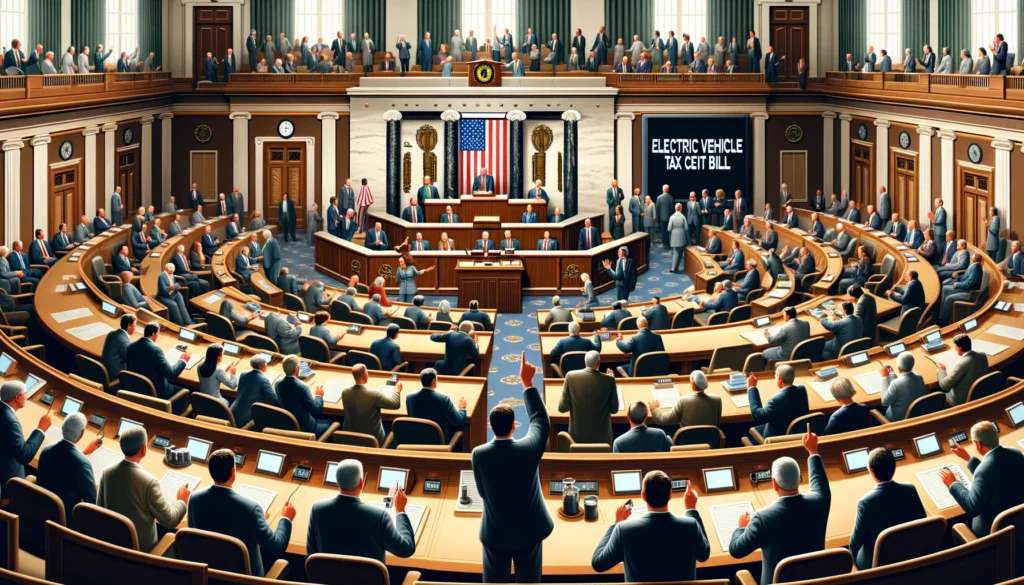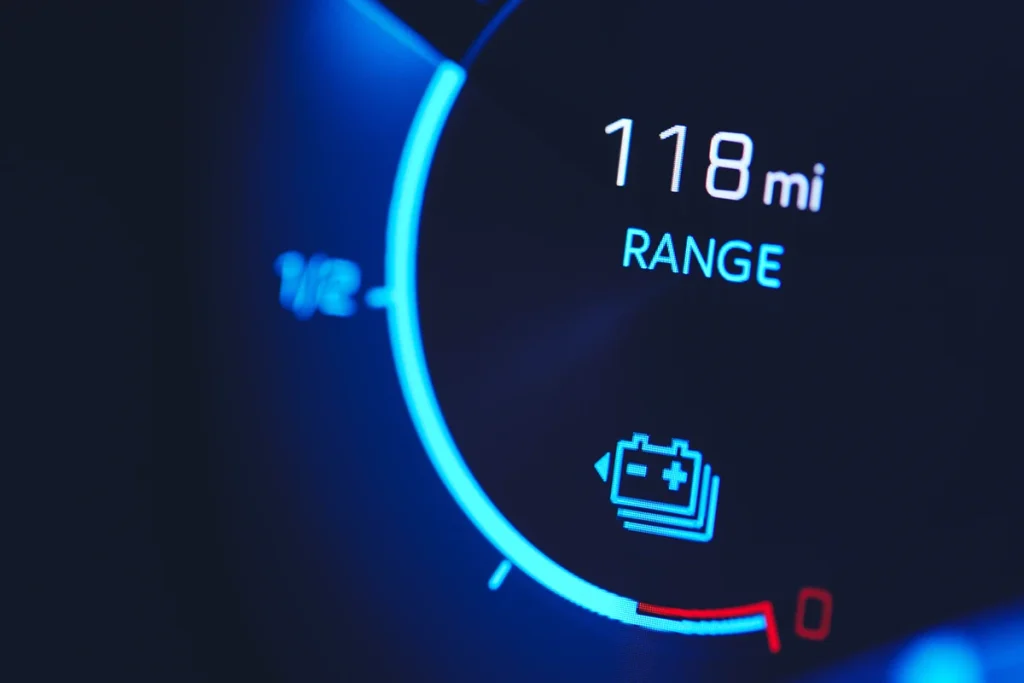In the heart of contemporary American politics lies a battleground where economic interests collide with environmental imperatives: the debate over the Electric Vehicle (EV) tax credit. Recently, Sen. John Barrasso and 18 Republican colleagues have set the stage for a contentious showdown by introducing a bill to repeal the entire electric vehicle tax credit embedded within the Democrats’ climate law.
As the nation grapples with the urgency of climate change and the need to foster innovation in clean transportation, the fate of this tax credit hangs in the balance, poised to shape the trajectory of America’s green future.
Understanding the EV Tax Credit
At its core, the EV tax credit is a cornerstone of Democratic climate legislation aimed at incentivizing consumers to embrace electric vehicles and reduce carbon emissions. Initially introduced in 2008, the credit provided up to $7,500 for purchasers of new electric vehicles, stimulating demand and spurring innovation in the automotive sector. Over time, the credit expanded to include incentives for used EVs and commercial vehicles and investments in EV charging infrastructure, reflecting a comprehensive approach to promoting sustainable transportation alternatives.
The Republican Challenge: S. 4237 and its Implications
Sen. Barrasso’s bill, S. 4237, represents a direct assault on the EV tax credit, seeking to dismantle the incentives that have underpinned the growth of the electric vehicle market. The proposed legislation would eliminate not only the credit for new EV purchases but also incentives for used EVs and commercial vehicles, along with cuts to investment tax credits for EV charging stations.
While the bill faces an uphill battle in the Democratic-controlled Senate, its introduction sends a clear message to the Biden administration: the future of the EV tax credit hangs in the balance, contingent upon the outcome of future elections.
Economic Ramifications: Balancing Cost and Benefit
Competing narratives about its economic impact are central to the debate surrounding the EV tax credit. Republicans argue that the credit disproportionately benefits the affluent and imposes undue financial burdens on taxpayers, framing their stance as a principled stand for fiscal responsibility.
Conversely, proponents of the credit point to the billions of dollars in investment and job creation catalyzed by the burgeoning EV industry, highlighting the potential for economic growth and innovation in clean transportation.
Environmental Imperatives: Driving Climate Action
Beyond its economic dimensions, the EV tax credit carries profound environmental ramifications, particularly concerning air quality and climate change.
Electric vehicles offer a cleaner alternative to traditional gasoline-powered cars, reducing harmful emissions and mitigating the impacts of climate change. The tax credit is crucial in accelerating the transition to a low-carbon economy and safeguarding public health and environmental sustainability for future generations by incentivizing EV adoption.
The Chinese Challenge: A Strategic Threat to American Interests
Of paramount concern is the strategic threat posed by ceding leadership in clean technology to global competitors, particularly China. Chinese EV manufacturers have aggressively expanded their foothold in the global market, capitalizing on the growing demand for electric vehicles. By undercutting American EV manufacturers, S. 4237 risks bolstering China’s ascendancy in the EV sector, thereby imperiling U.S. economic and national security interests.
Navigating the Crossroads: Finding Common Ground
As policymakers navigate the crossroads of economic interests and environmental imperatives, finding common ground amidst partisan divides remains a formidable challenge. While Republicans advocate for fiscal restraint and market-driven solutions, Democrats champion government intervention to address pressing environmental challenges. Ultimately, the fate of the EV tax credit will shape not only the future of the automotive industry but also the trajectory of America’s transition to a sustainable, low-carbon future.
Final Thoughts: A Greener Tomorrow
In the crucible of American politics, the battle over the EV tax credit represents a microcosm of broader tensions between economic interests and environmental stewardship. As policymakers weigh the costs and benefits of incentivizing clean transportation alternatives, the imperative of addressing climate change looms large on the horizon.
Whether by preserving existing incentives or introducing new measures, the path forward must prioritize sustainability, innovation, and prosperity for all Americans. As the nation stands at the crossroads of history, the choices made today will resonate far beyond the halls of power, shaping the contours of a greener tomorrow for future generations.


